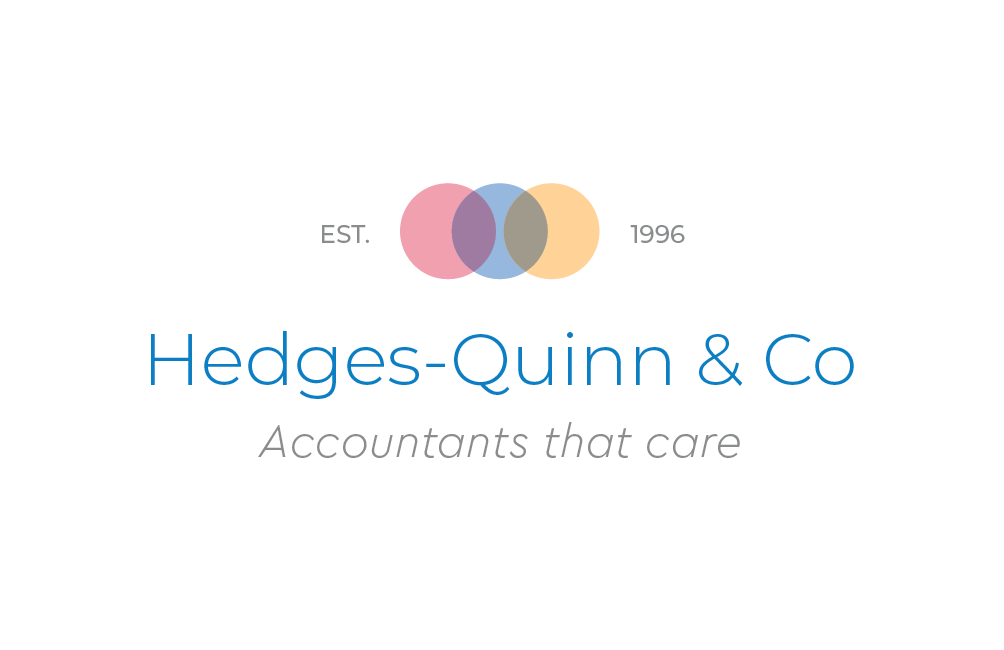
Being a landlord in 2024 –
tricky but we can help
If you have some spare cash in the bank, you may be considering investing in property. There are tax
benefits and costs to all investments. The best option for you will depend on your goals, financial
situation and personal situation.
Unpredictable Market
The last four years have been particularly turbulent for the housing market. The impact of the global
pandemic is still being felt with house prices peaking in 2021/22. Rents have increased because of
various factors - complexities and tax changes have reduced the availability of rental properties and
increases in landlord costs.
Yet with the right investment, property can still produce a great return.
Calculating Return on Investment
To work out your Return on Investment, you calculate the Annual Gain minus Annual Cost, divided
by the Initial Cost of Investment. A good Return on Investment, ROI, for a rental property is 7%.
Annual Gain
This is the rent or income that you will receive. Average rent in Ipswich, according to home.co.uk, is
£1,407 for a two-bed property. This would mean your annual gain is £16,884. Before you get excited, this will not be your income. It is important to understand the costs involved and to calculate your
ROI by account of those costs.
Annual Cost
This may include:
Landlord insurance
Income Tax paid
Management fees
Mortgage Payments
Lease costs
Maintenance
Cost of Investment
This may include:
- Deposit or full purchase price if no mortgage is required
- Surveyor/solicitor costs of property purchase
- Refurb or maintenance costs to bring the property up to standard and to meet legal requirements of a rental property
Before you purchase a property, you need to have a rough idea of whether the ROI provides you
with the financial security you need. Many landlords consider a rental property to be a long-term
investment, ,with more focus on the capital increase rather than the annual income. We can chat
through the different benefits and costs to help you understand the implications.
In this article, we highlight four further issues for you to consider:
Making Tax Digital
Making Tax Digital will replace the annual tax self-assessment. From 6 April 2026, landlords with a
combined property and/or business income of £50,000 or more a year will need to comply with
Making Tax Digital (MTD). Landlords with a combined property and/or business income of £30,000
or more per year will have to follow MTD from April 2027.
Landlords will need to use specific software to keep a digital record of property income and
expenses and send quarterly updates to HMRC. The current annual Self-Assessment will be replaced
with a final declaration sent to HMRC to confirm the quarterly updates are correct.
Income Tax
As a landlord, you will need to pay income tax on the rent/income you receive. You can deduct
certain expenses from your income before tax is calculated.
The types of expenses you can claim are maintenance, insurance, legal and management fees, and
so on.
You can not claim mortgage interest or mortgage payments as an expense. Instead, you will receive
a 20% tax credit against the mortgage interest paid.
Your rental income is added to any other income you earn, which means you could be pushed into a
different tax bracket. For example, if you earn £38,000 from a job, and £13,000 from your property,
you will become a higher-rate taxpayer. You will pay 40% of the amount of income over the high-
rate tax bracket threshold.
Capital Gains Tax
If you choose to sell a property that you have been renting out, you will normally have to pay Capital
Gains Tax (CGT). This will be either 18% or 28% depending on whether you are a basic or higher rate
taxpayer. The tax is paid on the profit made.
There are allowances if you have ever lived in the property which will reduce the liability. Further to
that, all rented-out properties receive a £3,000 CGT allowance in 2024/2025: this means you pay
CGT on the difference between the purchase price and the sale price minus £3,000.
Pension Planning
Property investment, and becoming a landlord, is often a pension planning decision. It can give you a
regular monthly income, or a lump sum if you choose to sell the property (subject to CGT). Landlords
will often wait until retirement to sell an investment property to reduce the CGT liability.
It is complex but it can be rewarding. If you are considering purchasing your first rental property,
have found yourself becoming an accidental landlord through inheritance or are concerned you are
not managing the finances appropriately, give us a call. We would love to help.
